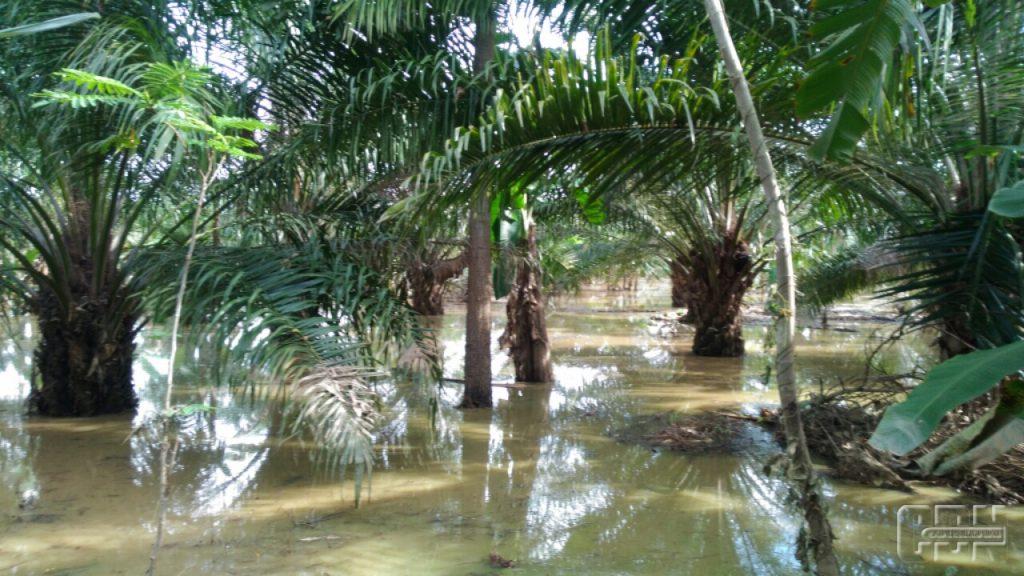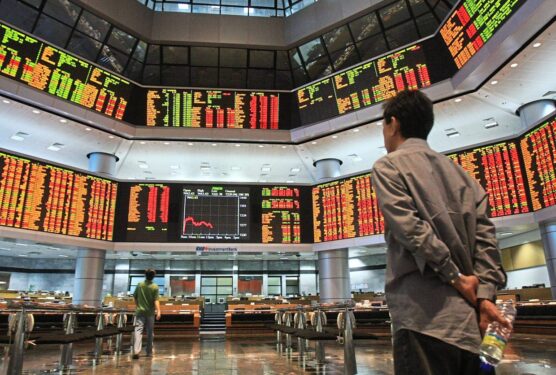OIL palm loves rain, and oil palm estates in Indonesia and Malaysia rely on rain to thrive. Therefore, the plantation sector is not new to heavy rainfall or even occasional flooding.
Many players have invested in infrastructure to cope with heavy rain. Moreover, oil palms are tough trees and can endure most floods.
Oil palm trees are also tall – a young four-year tree is already 2-3 metres high while a prime 10-year palm stands 5-6 metres tall.
The most common complaint regarding flooding in estates is the inability to harvest and collect the fruits. However, prolonged flooding can damage or even kill very young palm trees.
So far, eight states have reported cases of flood, with some states facing more widespread flooding than others. The table below shows the proportion of estates located within each state in the Peninsula or West Malaysia.

However, the actual impact on estate depends on where the estate is actually situated, its terrain and how effective the drainage is.
So far, a few estates located in Pahang, Selangor, Kelantan and Terengganu are affected by floods but unless the heavy downpour continues and spreads, less than 2-3% of the total area is estimated to be impacted.
Even so, the damage is likely to temporary and minimal. Groups such as Hap Seng Plantations Holdings Bhd, Ta Ann Holdings Bhd or TSH Resources Bhd do not even have any estate at all in West Malaysia.
FGV Holdings Bhd is the most Peninsula-centric with 57% of its estates located in West Malaysia but we believe that less than 2-3% of their estates are facing floods.
Sime Darby Plantations Bhd does have estates in coastal Selangor and their famous oil palm seed garden is located in Banting (south of Klang) but the group has other seed gardens in Indonesia and Papua New Guinea in addition to Tawau in Sabah.
Our thoughts on the sector
Palm oil fundamentals over the next month or two suggest little room for bad news – be it unexpected labour shortages, poor weather or negative news from rival oil and fat complexities.
As such, if there is any negative development on the sector arising from the floods, crude palm oil (CPO) prices are likely to stay firm longer.
We are maintaining our earnings per share (EPS) estimates as well as recommendation at this juncture while staying “neutral”.
Our integrated pick with defensive overall margin against CPO price variability is Kuala Lumpur Kepong Bhd (“Outperform”; target price: RM23.60). – Dec 22, 2021
Koh Soon Huat is head of research at Kenanga Research.
The views expressed are solely of the author and do not necessarily reflect those of Focus Malaysia.










